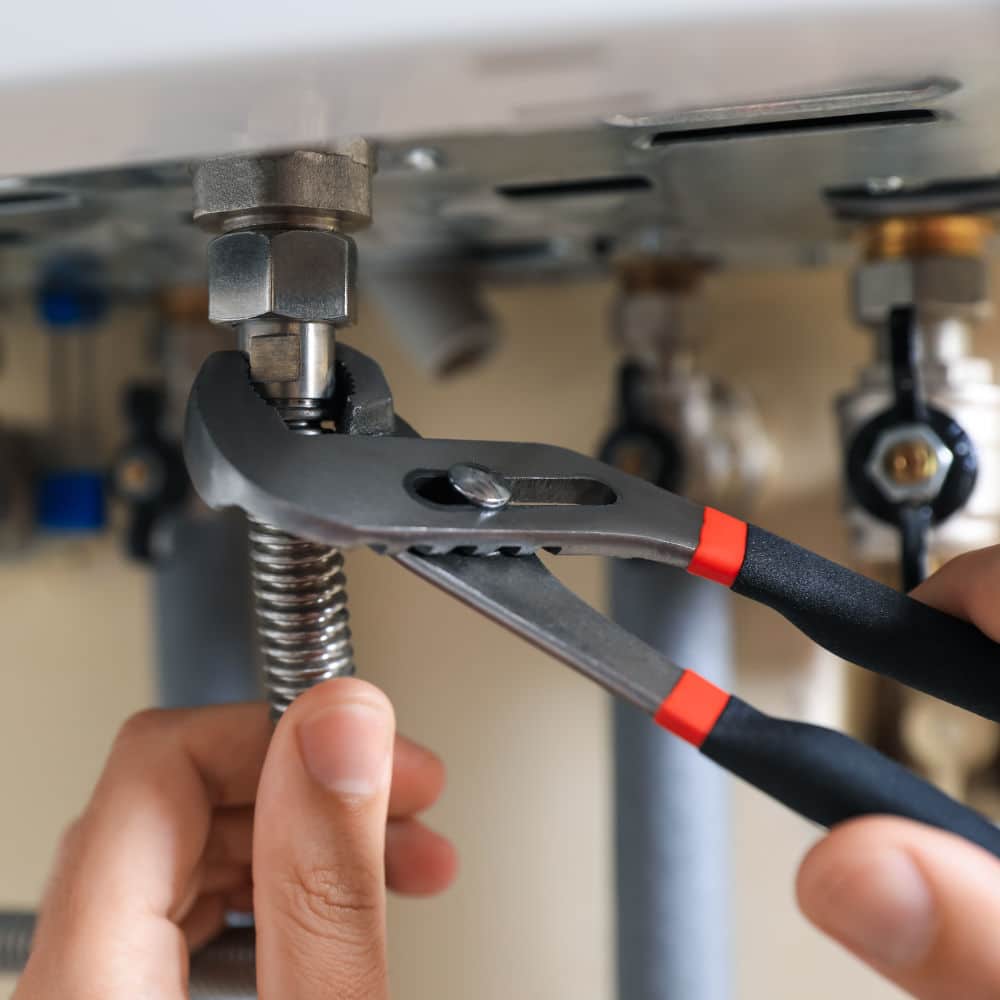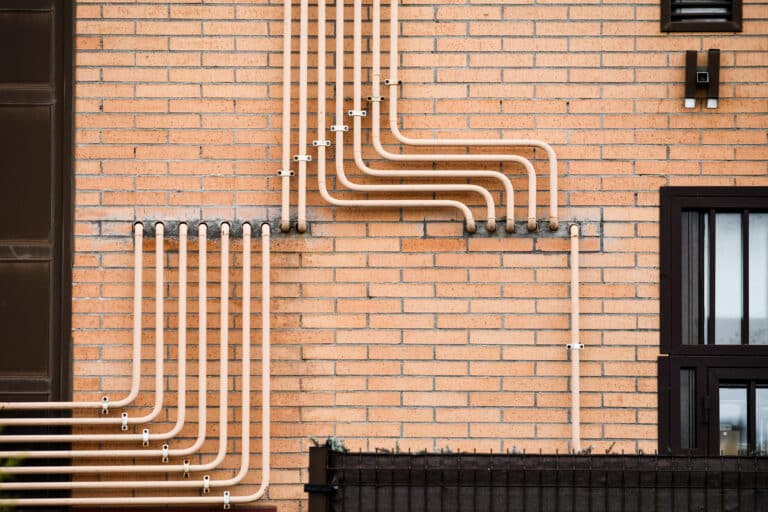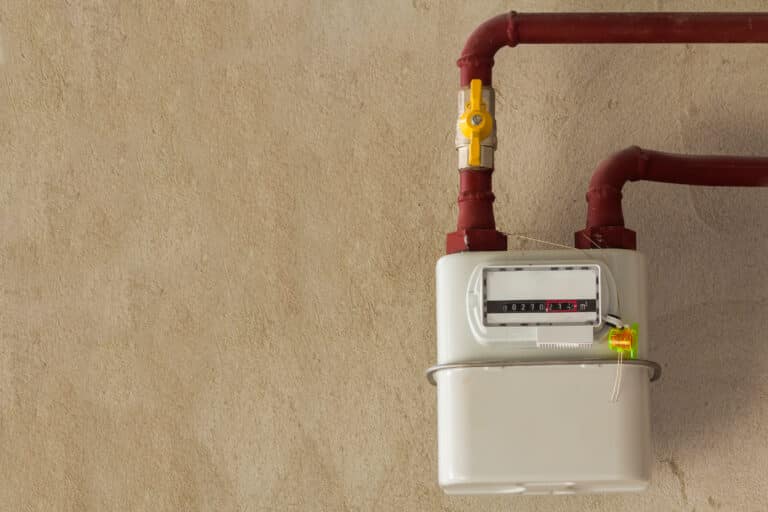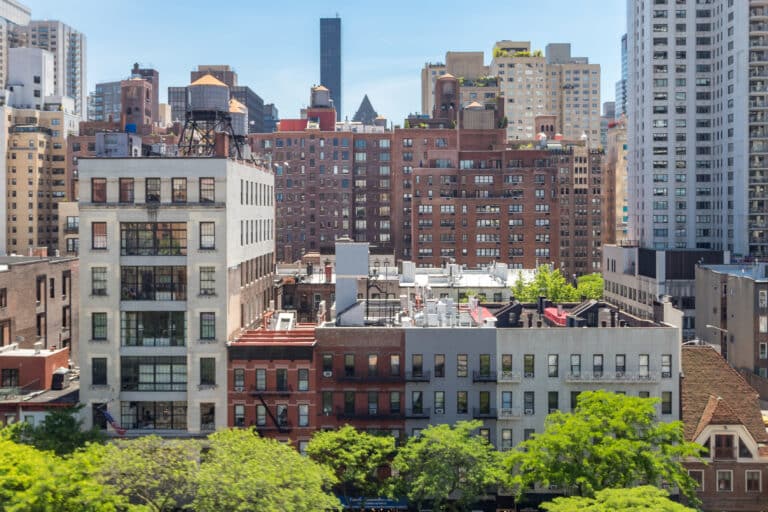Local Law 152 was passed in 2016 to promote safety in New York City residential buildings. It requires a periodic inspection of gas pipes. The first round of the 4-year cycle of inspections began in 2020. By the end of 2023, almost 280,000 buildings will have been inspected under the oversight of a Licensed Master Plumber (LMP). If your building is coming up for inspection, it is essential to schedule an appointment with an LMP to get the process started.
What is a Licensed Master Plumber?
A master plumber is an advanced license in the plumbing trade. These professionals are involved with the planning and design of plumbing systems as well as their installation. For this reason, an applicant for a master plumber’s license must have years of experience and training.
In most cases, a plumber must have at least seven years of experience working under the supervision of a master plumber before applying to be an LMP. However, there are some exceptions for applicants with additional education. For example, someone with a bachelor’s degree in mechanical engineering only needs five years of plumbing experience before applying. In New York City, applicants for a master plumber’s license must have spent some of their training working in NYC.
Master plumbers are involved with systems that affect the safety of building occupants, like boilers, gas piping, and fire suppression piping. For this reason, they must prove their skills to the Department of Buildings (DOB). Applicants for this license must pass both written and practical tests administered by the DOB.
What is the difference between a plumber and an LMP?
While both a journeyman and a master plumber could perform a repair at your home, an LMP has a different set of supervisory responsibilities. For example, a master plumber oversees the design and installation of full plumbing and gas piping systems, ensuring they are safe and up to code.
If you go through the DOB rules and regulations, you will find several places where only an LMP can sign off on a project or inspection. For example, an LL152 inspection certificate requires the signature and seal of an LMP. While a licensed plumber with appropriate training can carry out the inspection, the LMP is the one with final signature power over the results.
Licensed Master Plumbers and Local Law 152
There are several steps where a master plumber is involved with Local Law 152 gas piping inspections.
The Inspection
An LMP may be the individual who shows up at your building on the inspection day. Alternatively, a plumber working under the oversight of an LMP may carry out the task.
Reporting
Within 30 days of the inspection, the LMP will provide a Gas Piping Inspection Periodic Report. However, if the inspection discovers hazardous conditions, the LMP will notify you, the gas utility, and the DOB immediately.
Certification
The LMP under whose oversight the inspection was carried out will sign, seal, and file a Gas Piping Inspection Periodic Certificate within 60 days of the inspection. It is important to note that the certification document may indicate the need for repairs. Your building is not officially certified until you correct any problems.
Corrections
As the building owner, you are responsible for repairing any issues found during the inspection. Within 120 days of the first inspection, your LMP must submit a new document certifying that all problems have been addressed.
Extensions
The LMP can indicate that gas piping issues will require additional time for correction. Noting this status on the certificate gives you some extra time to handle any problems. You must submit a new certificate, signed and sealed by the LMP, within 180 days of the initial inspection that shows that all repairs have been completed.
Finding the Right Licensed Master Plumber for Your Local Law 152 Inspection
The DOB provides resources for searching and vetting licensed professionals. These include lists of master plumbers and licensing search tools. You will want to ensure that your LMP has an active license in good standing before scheduling an inspection.
If you are looking for a qualified LMP to perform a Local Law 152 gas piping inspection at your location, HBNY Plumbing & Heating can help. Our experience, professionalism, and fast turnaround times will streamline your LL152 inspection process, helping you stay in compliance and keep your residents safe. Contact us today to schedule an appointment.





